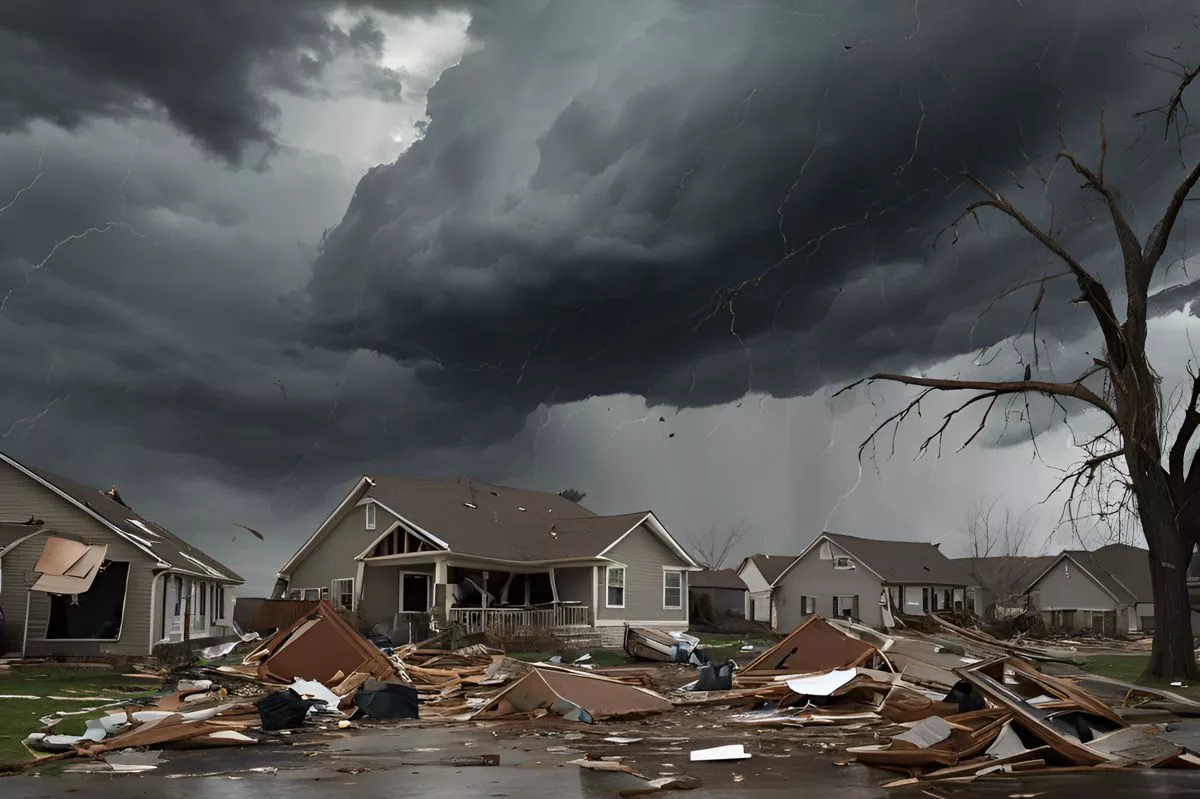Housing in KwaZulu-Natal faces big challenges, like slow emergency responses and budget cuts, leaving many people in tough situations. After a storm in June 2023 that damaged homes, the government’s response has been frustratingly slow, exposing families to more hardship. Business groups often interfere with housing projects, demanding shares that stall progress and harm community needs. Despite these issues, a committee is determined to improve the situation by pushing for better planning, accountability, and quick action, hoping to create safe and timely housing for those in need.
What are the main housing challenges in KwaZulu-Natal?
Housing challenges in KwaZulu-Natal include delays in emergency housing responses, lack of coordination between government spheres, influence of business forums on projects, and budget constraints. These issues hinder timely housing provision and accountability, leaving affected communities vulnerable and in need of urgent solutions.
Delays in Emergency Housing Response
Delays in activating the Emergency Housing Response Fund in KwaZulu-Natal have drawn significant criticism from the Portfolio Committee on Human Settlements. The committee is frustrated by the inefficiencies and rigidity within the current system, which leave many affected communities exposed to further hardships. As they embark on a week-long oversight visit to the province, they are determined to seek answers from both national and provincial departments, with a particular focus on how the City of uMhlathuze Municipality is tackling these pressing issues.
The catalyst for these delays was a severe storm that hit eThekwini Metropolitan Municipality in June 2023, impacting over 1,800 residents. It is only now that the National Home Builders Registration Council is assessing the damage, highlighting a troubling lack of efficiency. Similarly, homes in Inkosi Langalibalele Local Municipality damaged by strong winds in September 2023 are just recently undergoing verification. These significant delays have underscored the committee’s call for a more responsive and agile approach to disaster response.
Committee Chairperson Mr. Nocks Seabi has been vocal about the unacceptable nature of the current emergency housing framework, which he describes as slow and disconnected from urgent needs. He points to the centralized administration of the fund at the national level as a source of bottlenecks, directly impacting residents’ lives. With the rainy season approaching, the urgency of reforming the fund’s operational mechanisms becomes more critical, and Mr. Seabi argues for speed and flexibility to be fundamental components of the disaster response framework.
Broader Concerns and Accountability
The committee’s concerns extend beyond just the delays in emergency funding. They are also troubled by the evasive responses from the national department regarding housing provision in KwaZulu-Natal. They emphasize that effective oversight is crucial for identifying areas needing improvement, and the department’s lack of transparency hinders these efforts. Mr. Seabi insists on enhanced presentations from the department to facilitate effective oversight and accountability processes.
A significant issue in KwaZulu-Natal is the influence of business forums on housing projects. These forums often demand a 30% share of project value, leading to stoppages and undermining the original intentions of the projects. Mr. Seabi strongly condemns this practice, likening it to lawlessness that deprives communities of quality housing. He calls for decisive and coordinated action from law enforcement agencies to address this challenge.
Another persistent issue is the lack of coordination between different governmental spheres. Municipalities often struggle to provide essential infrastructure, causing further delays in project completion. The committee advocates for improved planning and coordination, suggesting the use of the District Development Model as a framework for more holistic development.
Navigating Financial and Operational Hurdles
Budget cuts further complicate the implementation of housing projects. Despite these financial challenges, the committee remains hopeful that improved coordination and project management can mitigate delays and financial overruns. During their visit to the Empangeni Integrated Residential Development Programme (IRDP) Phase 2, committee members witnessed firsthand the impact of financial constraints, noting how the contractor was able to build only three houses per month. They also discovered non-compliance with National Home Builders Registration Council standards, prompting Mr. Seabi to stress the importance of adhering to building norms for safety.
Despite these challenges, the committee found inspiration in the Dumisani Makhaye Village Phase 6 and 8 IRDP. They praised the quality of construction and the project’s financial readiness. However, they emphasized the importance of standardizing project delivery to ensure uniformity in quality and timeliness across all initiatives.
The committee continues its mission by visiting various project sites in Maphumulo Local Municipality and KwaDukuza Local Municipality. Their goal is to assess progress and identify further areas for improvement. These visits include stops at the Qadi Rural Housing Projects and the Sihle Phakathi Informal Settlement Upgrade. These visits are a crucial part of the committee’s strategy to enhance housing delivery and disaster response in KwaZulu-Natal.
A Path Forward: Urgency and Determination
While challenges abound, from bureaucratic delays to budget constraints, there is a palpable sense of urgency and determination within the committee. Their oversight activities aim not only to address these issues but also to instill a spirit of accountability and improvement within the housing sector. The hope is that through rigorous assessment and coordinated efforts, the plight of vulnerable communities can be alleviated, paving the way for more resilient and efficient housing solutions.
By tackling these challenges head-on, the committee seeks to transform the current system into one that is more responsive to the needs of the people it serves. Through collaboration, transparency, and decisive action, they aim to foster an environment where housing projects are completed efficiently and equitably, ultimately benefiting the communities most in need.
FAQ: Addressing Housing Challenges in KwaZulu-Natal
What are the main housing challenges in KwaZulu-Natal?
Housing challenges in KwaZulu-Natal include delays in emergency housing responses, lack of coordination between government spheres, influence from business forums on housing projects, and budget constraints. These issues hinder timely housing provision and accountability, leaving affected communities vulnerable and in urgent need of solutions.
What caused the delays in emergency housing responses?
The delays in emergency housing responses were exacerbated by a severe storm in June 2023 that damaged homes in the eThekwini Metropolitan Municipality, affecting over 1,800 residents. The slow activation of the Emergency Housing Response Fund and inefficiencies within the current system have left many communities exposed to additional hardships.
How does the influence of business forums affect housing projects?
Business forums often demand a 30% share of project value, which leads to stoppages and undermines the original intentions of housing projects. This practice is seen as detrimental to the community’s needs and has been criticized by committee members, who call for law enforcement to take decisive action against such practices.
What role does government coordination play in housing development?
Lack of coordination among different governmental spheres often leads to delays in the provision of essential infrastructure and project completion. The committee advocates for improved planning and the use of frameworks like the District Development Model to enhance holistic development and project execution.
How are budget constraints impacting housing projects?
Budget cuts have severely impacted the implementation of housing projects, leading to slow construction rates and compliance issues with standards set by the National Home Builders Registration Council. Despite these challenges, the committee believes that better coordination and project management can help mitigate financial overruns and delays.
What is the committee doing to improve the housing situation?
The committee is actively conducting oversight visits to various housing project sites to assess progress and identify areas for improvement. They are pushing for better planning, accountability, and timely action to ensure that vulnerable communities receive safe and adequate housing. Their goal is to transform the current system into one that is more responsive to community needs.












